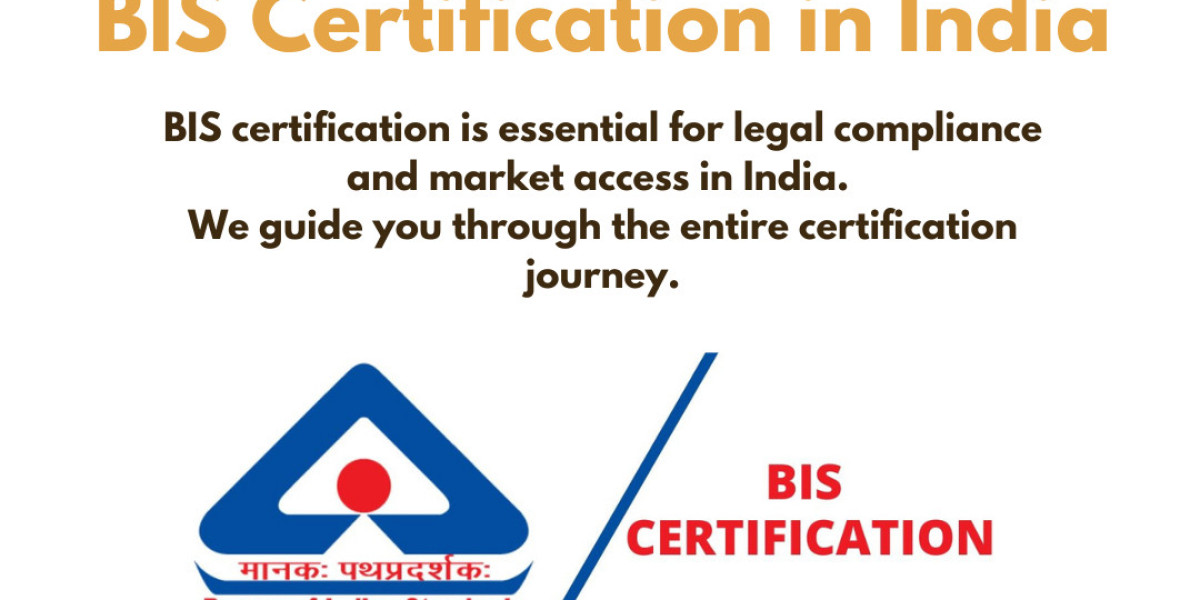The Shift Towards Quality-Centric Regulations
Traditionally, cost efficiency and speed of production dominated supply chain decisions in the electronics industry. However, with increasing consumer expectations and stricter government mandates, quality compliance has become a non-negotiable factor. The Bureau of Indian Standards (BIS) and other regulatory authorities have introduced new norms for electronics products, covering safety, performance, and environmental impact. These quality standards are aligned with global best practices to ensure that products manufactured in India are internationally competitive.
For foreign investors, this transition means supply chains must be carefully evaluated to integrate compliant raw materials, components, and testing facilities. The choice of suppliers is no longer based on cost alone but also on their ability to meet regulatory standards. This has prompted companies to invest in supplier audits, certifications, and advanced quality management systems.
Impact on Supply Chain Decisions
The imposition of stricter norms has reshaped several aspects of the electronics supply chain:
Supplier Selection: Companies are prioritizing certified vendors who can provide consistent quality and meet regulatory benchmarks.
Technology Transfer: Multinational corporations are increasingly sharing advanced testing and manufacturing technologies with their Indian counterparts to ensure compliance.
Operational Costs: Compliance with quality standards often requires additional testing, certification, and documentation, leading to higher upfront costs. However, these investments reduce risks of product recalls and penalties.
Market Access: Meeting Indian quality norms not only facilitates smoother domestic operations but also enhances the chances of penetrating international markets.
Opportunities for Foreign Investors
While compliance adds layers of responsibility, it also creates new opportunities. Investors who align with quality standards can build strong reputations, reduce operational risks, and gain consumer trust. The demand for electronics is expected to rise exponentially in India, fueled by the growth of smart devices, renewable energy systems, and automotive electronics. By adhering to quality-focused supply chains, foreign investors can secure a strong foothold in this expanding market.
Role of Agile Regulatory
Navigating the complexities of quality norms, certifications, and compliance requirements can be challenging for both domestic manufacturers and foreign investors. Agile Regulatory provides specialized consulting services to simplify this journey. From assisting companies with BIS certification to guiding them through import-export compliance and supply chain regulatory requirements, Agile Regulatory ensures that businesses remain fully aligned with India’s evolving standards. With expert knowledge and a client-focused approach, Agile Regulatory has become a trusted partner for organizations seeking to streamline compliance while maintaining operational efficiency.
Conclusion
The new quality norms introduced in India are transforming supply chain decisions within the electronics sector. While they demand greater investment in compliance, they also foster reliability, innovation, and global competitiveness. For foreign investors, aligning with these regulations is not just a requirement but an opportunity to strengthen their presence in one of the world’s fastest-growing markets. With the support of professional compliance partners like Agile Regulatory, companies can seamlessly adapt to the changing landscape and thrive in India’s electronics ecosystem








